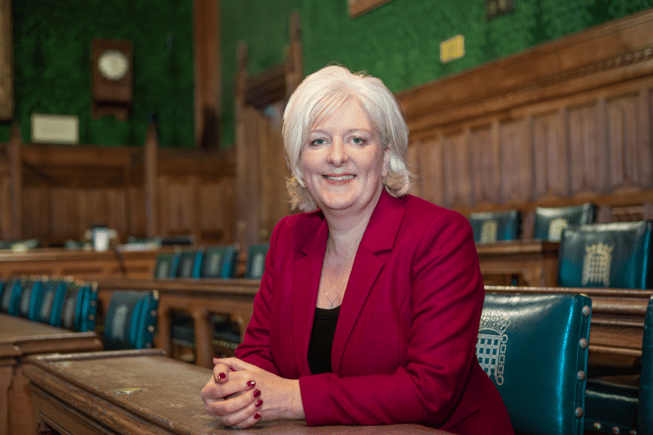On Thursday, 18th September, the Education Select Committee, on which I sit, published its long-awaited report into the SEND crisis.
After receiving over 800 pieces of written evidence, holding seven oral evidence sessions, listening to young people with SEND, grilling government ministers, and visiting schools in Ontario, Norfolk, and Norwich, the unequivocal conclusion we reached is stark: the current system is fundamentally broken.
It's hard to overstate the scale of the crisis. Whether it is the scarcity of educational psychologists or spiralling school transport costs, every part of the system is at breaking point.
Without decisive, long-term change, our SEND system will remain under unsustainable pressure, and children and young people with SEND, and their families, will not receive the high-quality support they are entitled to.
Fixing this crisis will take a colossal level of ambition and effort. While the report makes many recommendations to guide this change, I want to focus on one area that is particularly relevant to the SEND challenges we face in South Devon – funding.
Across the board, SEND funding is not only unsustainable but deeply unequal. Take the National Funding Formula (NFF), for example: the NFF, which is the system the Department of Education uses to allocate core funding to mainstream state-funded schools in England, consistently fails to account for historic underfunding or regional differences in service delivery costs.
As Rob Williams, Senior Policy Advisor at the National Association of Head Teachers, told the Committee, the NFF “does not make any sense at all…from the parent’s perspective…particularly if they move between schools in two different areas…what their child might get may look very different”.
This is something I have heard locally from parents and teachers. I will never forget a conversation I had with a headteacher who had recently moved to South Devon from London and was horrified at the level of support she could offer SEND children in her class compared to her former pupils in the capital.
I put this to the then Schools Minister, Catherine McKinnell, who indicated the government was aware of challenges with the NFF. But the lack of enthusiasm
In her tone, I left me doubting the government’s willingness to look at changing it, and with the recent reshuffle adding to the confusion, I have serious concerns over any appetite for change.
But, clearly, the NFF requires a comprehensive review that should be conducted in conjunction with any wider changes to SEND services. As the report notes, the Department of Education’s “fixation on inclusivity” is not “accompanied by the necessary level of investment to make it a reality”.
To change this, we must address the deep and persistent inequalities that the NFF and other forms of SEND funding are driving. Without doing this, we will never lay the foundations for the long-term sustainability of council finances, school budgets, and, most importantly, the quality of services for SEND children.
This is only a snapshot of the report, which also explored teacher training, early years education, leadership and repairing the relationship between authorities, schools and families. You can read the full report here: https://tinyurl.com/s8v9f5jr
If you wish to contact me about this or another issue you are facing, please do so at: [email protected]





Comments
This article has no comments yet. Be the first to leave a comment.